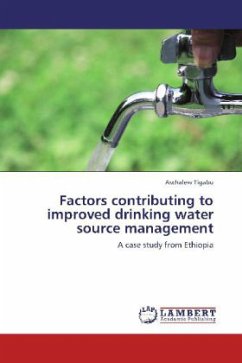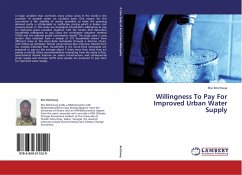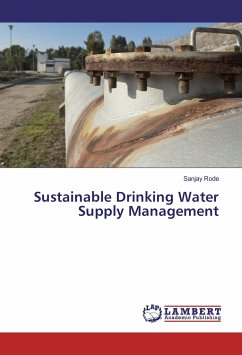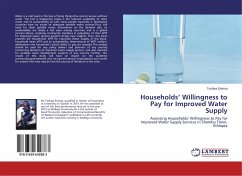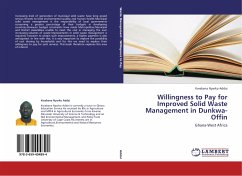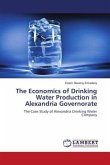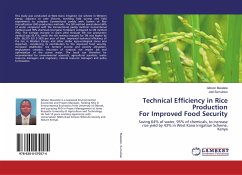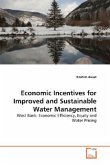Ensuring global access to safe drinking water services has been a key aspect of international development endeavors. Constructing improved water facilities, especially in rural areas of developing countries, is a critical element of this effort. However, it is undermined by the lack of the sustainability of newly installed water systems. This study examines the determinants that influence water source management activities of rural communities in Ethiopia where a water supply project installed drinking water systems. By doing so, it creates insights into the factors that can positively contribute to the operational sustainability of water infrastructures. The purpose is to inform policymakers and development practitioners some of the key issues (from the beneficiaries side) that need to be considered while planning, designing and implementing water supply projects that can provide optimum services to targeted societies.
Bitte wählen Sie Ihr Anliegen aus.
Rechnungen
Retourenschein anfordern
Bestellstatus
Storno

